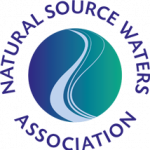Packaging
Packaging
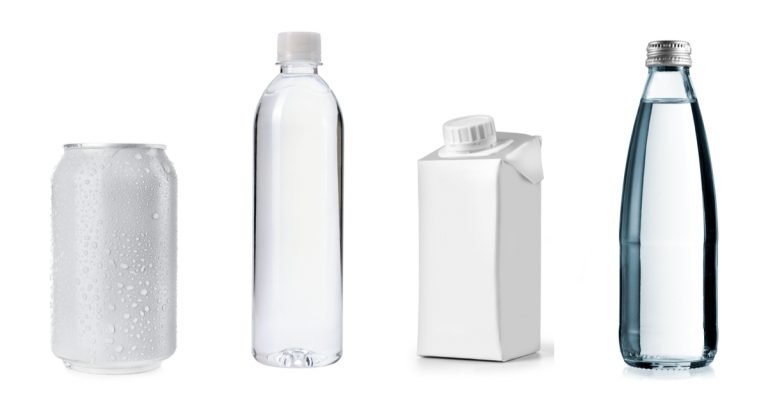
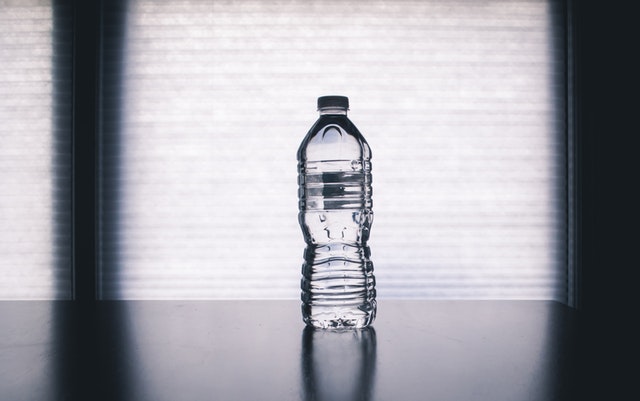
Packaging plays a crucial role in protecting our food and drinks, avoiding unnecessary waste of the products. Moreover, it helps protect the original purity and unique specificities of natural mineral and spring waters, ensuring they remain pure and microbiologically safe In the case of natural source waters, which are safe to drink at source, the packaging plays a vital role in ensuring producers can bring the purity of the source to the consumer without interference with the integrity of the product.
All packaging material for natural source waters is recyclable whether that is PET plastic, glass or aluminium cans and 100% of Local Authorities in the UK now collect PET plastic bottles for recycling.
All packaging materials comply with EU and national legislation, including regulations related to food contact materials.
Environmental impact
Whilst water is the lowest impact packaged drink in the soft drinks sector[1]we recognise the significant environmental challenge that packaging waste presents and we are committed to helping address the issue. No producer wants to see their packaging end up as litter. The packaging is recyclable and producers want to ensure that the material is collected, recycled and made into new packaging so it can be re-used. Therefore, we are working with the government, the Cambridge Institute for Sustainability Leadership (CISL), the WRAP Plastic Pact and others to try and achieve this.
[1]DEFRA’s Sustainability Road Map for Soft Drinks has shown that bottled water is the lowest impact packaged drink in the soft drinks sector, whether judged by its carbon footprint or its water footprint since there are no agricultural water inputs and limited water processing inputs. We are also working with the Scottish Government on the introduction of a deposit return system in Scotland and are supporting proposals for its introduction across the whole of the UK.
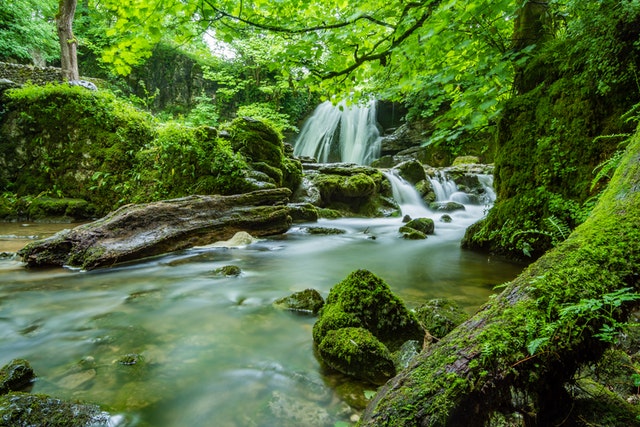
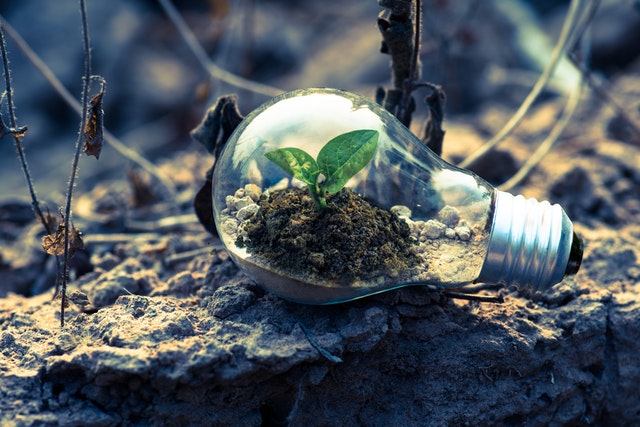
Industry action
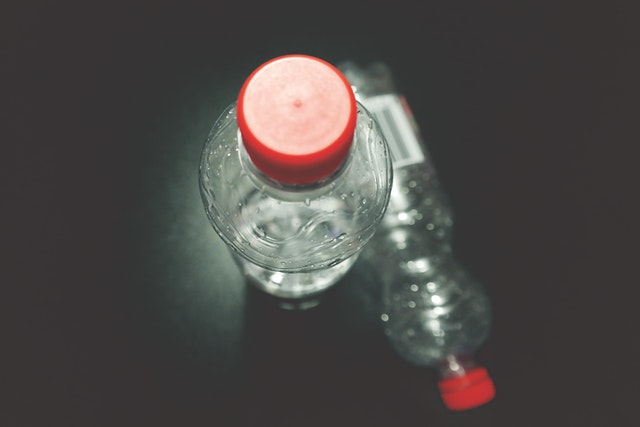
Cambridge Institute for Sustainability Leadership (CISL)
We have worked with the University of Cambridge Institute for Sustainability Leadership (CISL) to develop strategies for both the short and long term challenges associated with packaging.
We worked with CISL on a report entitled, ‘Towards sustainable packaging: A plan to eliminate plastic packaging waste from UK bottled water and soft drinks’. This resulted in a detailed roadmap for producers, government and other stakeholders to help tackle litter, increasing recycling and create a circular economy for soft drinks containers.
We are committed to implementing therecommendations set out in the report’s pathways and by securing collaboration from industry, government, society and across the value chain we hope to bring about the elimination of plastic packaging waste from the water and soft drinks sectors by 2030.
CISL report commitments
Commitments made as part of the CISL report include:
- All bottled water and soft drinks packaging to be made from 100% recyclable or reusable material by 2025
- All bottled water and soft drinks packaging to be made from feedstock that consists of at least 70% recycled material
- To employ a clear, consistent labelling system for consumers with government mandate
- Develop and adopt a sector wide standard for zero waste, low impact packaging
- Immediately begin to phase out hard to recycle plastic packaging
- Create and implement a new programme of evidence based consumer behaviour change campaigns
2030 outcomes:
- An efficient and circular resource management system for bottled water and soft drinks packaging
- Standardized lowest impact material used for all bottled water and soft drinks packaging
- Significant shift in consumer behavior and societal norms
- Alternative bottled water and soft drinks delivery models explored and implemented
Plastic bottles

PET plastic is the main packaging material used for beverages. PET plastic is lightweight, resource efficient and safe[1], whilst helping to preserve the natural quality and characteristics of the water.
It is 100% recyclable and all Local Authorities in the UK collect PET plastic bottles for recycling. Increasing numbers of PET plastic bottles are made with recycled content, requiring less virgin PET plastic.
Plastic vs other materials
Life cycle analysis (LCA) consistently highlights that PET plastic bottles have a lower carbon footprint than other materials, with a study by Trucost[2] estimating the overall environmental cost of using PET plastics in the soft drinks category at nearly four and a half times less than it would be if the plastics were replaced by alternative materials, such as aluminium, paper and glass.
In making a shift to alternative forms of packaging, businesses need to ensure they understand the full impacts of any alternative to ensure they do not have any other, potentially worse consequences.
PET plastic v glass:
Unlike glass, PET plastic can be transported before filling as preforms (small plastic tube) and blown on site, which significantly reduces the transportation footprint. Glass bottles will also need to be used at least 20 times before their carbon emissions become equivalent at the current recycling rates for PET bottles.
PET plastic v cardboard or Tetra Pak
Tetra packs are more complicated and harder to recycle than PET plastic, as they have cardboard, plastic and aluminium components. They are likely to enter the paper / cardboard recycling stream but could then be rejected as contamination due to the plastic lining. The recycling rates are currently much lower for tetra packs as there is only one re-processor in the UK that can recycle them.
Recycling process
The recycling process can be done mechanical by grinding, washing, separating, drying, re-granulating and compounding the collected plastics:
Recycling process and its mechanical steps:
- Pre-sorted bales are delivered to a facility that tears them apart using a machine called bale breaker.
- Bottles are manually or automatically sorted by colours and each batch of the same colour bottles runs the following process.
- Bottles are washed: the soapy water removes the labels, dirt and debris.
- The bottles (including caps) are cut into small pieces called flakes. Since bottle and caps are made with different plastics, they must be separated.
- Flakes are placed in a large water tank. Since PET and polypropylene (caps material) have different densities, the bottle flakes sink in water while the cap flakes float, which separates them for differential recycling.
- PET plastic flakes are dried (same process for the caps flakes) and then heated and extruded to be transformed in long tubular strands that look like spaghetti.
- These strands are cooled in water and chopped into small round pieces called pellets.
- Pellets are then used to make new bottles from the recycled PET material.
[1] PET packaging complies with all European and national legal requirements
[2] Trucost and the American Chemistry Council (July 2016) Plastics and Sustainability: A Valuation of Environmental Benefits, Costs and Opportunities for Continuous Improvement
Packaging plays a crucial role in protecting our food and drinks, avoiding unnecessary waste of the products. Moreover, it helps protect the original purity and unique specificities of natural mineral and spring waters, ensuring they remain pure and microbiologically safe.
In the case of natural source waters, which are safe to drink at source, the packaging plays a vital role in ensuring producers can bring the purity of the source to the consumer without interference with the integrity of the product.
All packaging material for natural source watersis recyclable whether that is PET plastic, glass or aluminium cans and 100% of Local Authorities in the UK now collect PET plastic bottles for recycling.
All packaging materials comply with EU and national legislation, including regulations related to food contact materials.
